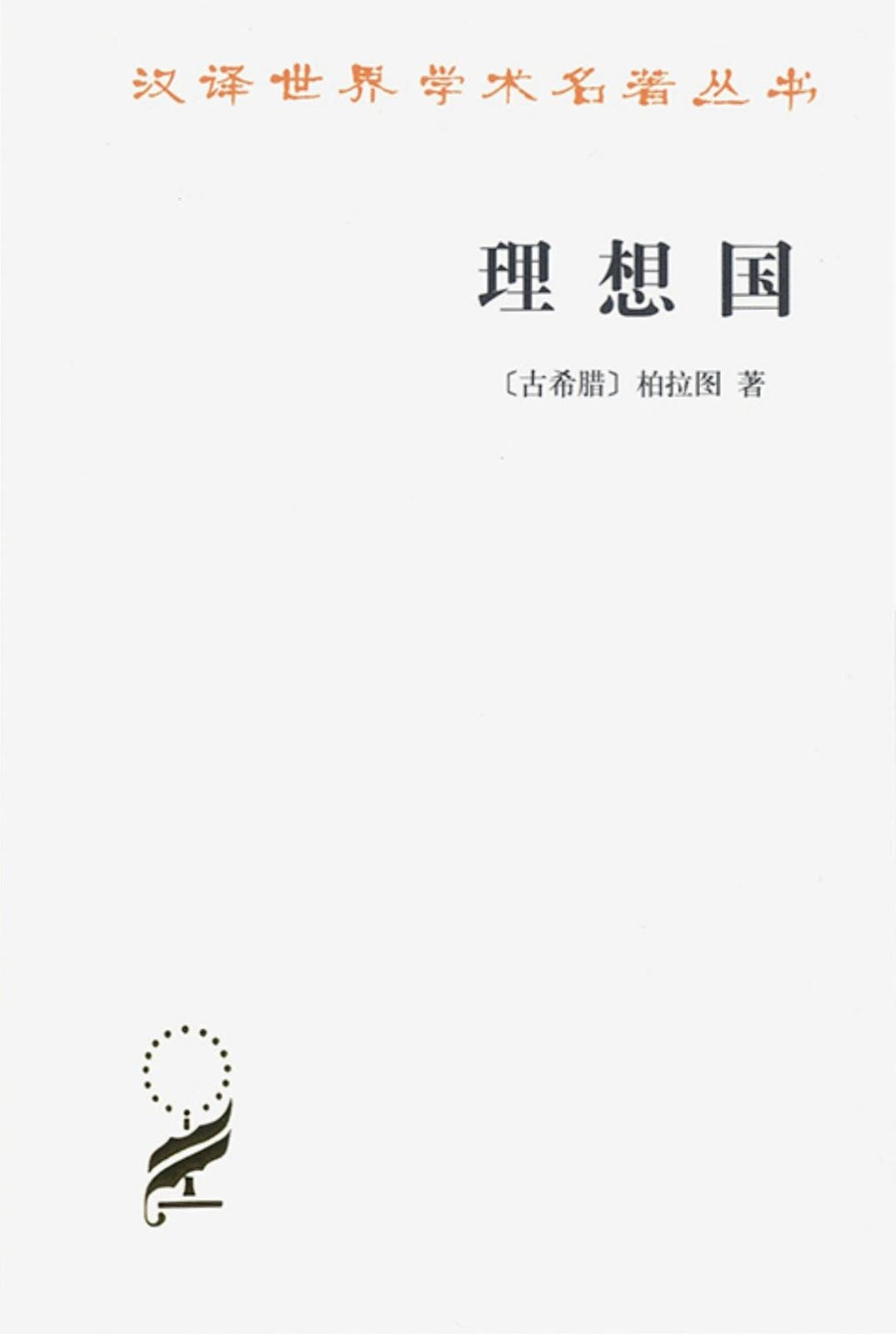1
/
of
1
Ideal Country
Ideal Country
[Ancient Greece] Plato Guo Binhe and Zhang Zhuming 译
Regular price
$10.99 USD
Regular price
$8.99 USD
Sale price
$10.99 USD
Unit price
/
per
Low stock
Couldn't load pickup availability
About Book
About Book
Πολιτεία
The Republic involves all aspects of Plato's ideological system, including philosophy, ethics, education, literature, politics, etc., and mainly explores the issue of an ideal country.The Republic is a major dialogue by Plato. In it, Socrates, through dialogue with others, designs a political system that integrates truth, goodness, and beauty—an ideal state that can achieve justice. Plato's Republic is the earliest utopia in human history. In his ideal state, the ruler must be a philosopher. He believed that existing politics are bad, and the true way out for humanity lies in philosophers taking power. Only true philosophers could save the city-state from the crisis it faced. This belief formed the core of Plato's mature political philosophy. In his eyes, the term "philosopher" has a special connotation. He believed that philosophers are the noblest and most knowledgeable people, and that this kind of meritocracy, ruled by wise men, is the best political system. Therefore, the ideal state is a state with philosophers as kings. Such a state is a model state in heaven.
In his view, the essence of a philosopher is knowledge, possessing the virtues of wisdom, justice, and goodness. Only philosophers can grasp the highest ideals of the state, that is, grasp "goodness," while others can only grasp "opinions." Statecraft, as a discipline, is also a skill only philosophers possess, and thus qualified to govern. In other words, only philosophers can grasp the ideals of the state and understand how the "ideal state" should be organized and governed. Thus, Plato understood the so-called philosopher rule as a combination of supreme wisdom, true knowledge, perfect virtue, and absolute supreme power. He firmly believed that only philosophers could save the city-state and its people, and that philosophers were the inevitable rulers of the ideal state.
The human pursuit of justice and goodness is the central theme of Plato's Republic. He believed that the state, politics, and law only have meaning if they are directed toward true existence and connected to the human soul. Socrates's first topic of discussion in the Republic is the question of "justice," which reveals Plato's deep yearning for justice! He believed that absolute justice resides in God, which perfectly reinforces his declaration at the end of the dialogue: "Let us ever pursue the upward path, in pursuit of justice and wisdom." Justice and wisdom are not only the themes of the state but also the essence of the entire universe, for the state's starting point is "eternal time and the changes it brings."
Plato's justice manifests itself in moderation in love. To many of us, Platonic love seems synonymous with spiritual love, referring to a love that transcends time and space, exists solely between souls and is not aimed at possessing the other person physically. In reality, the true meaning of Platonic love lies in a reverence for moderation and a pursuit of goodness and beauty.
Publication Date
Publication Date
1986-08-01
Publisher
Publisher
商务印书馆
Imprint
Imprint
Pages
Pages
458
ISBN
ISBN
9787100017565
share

